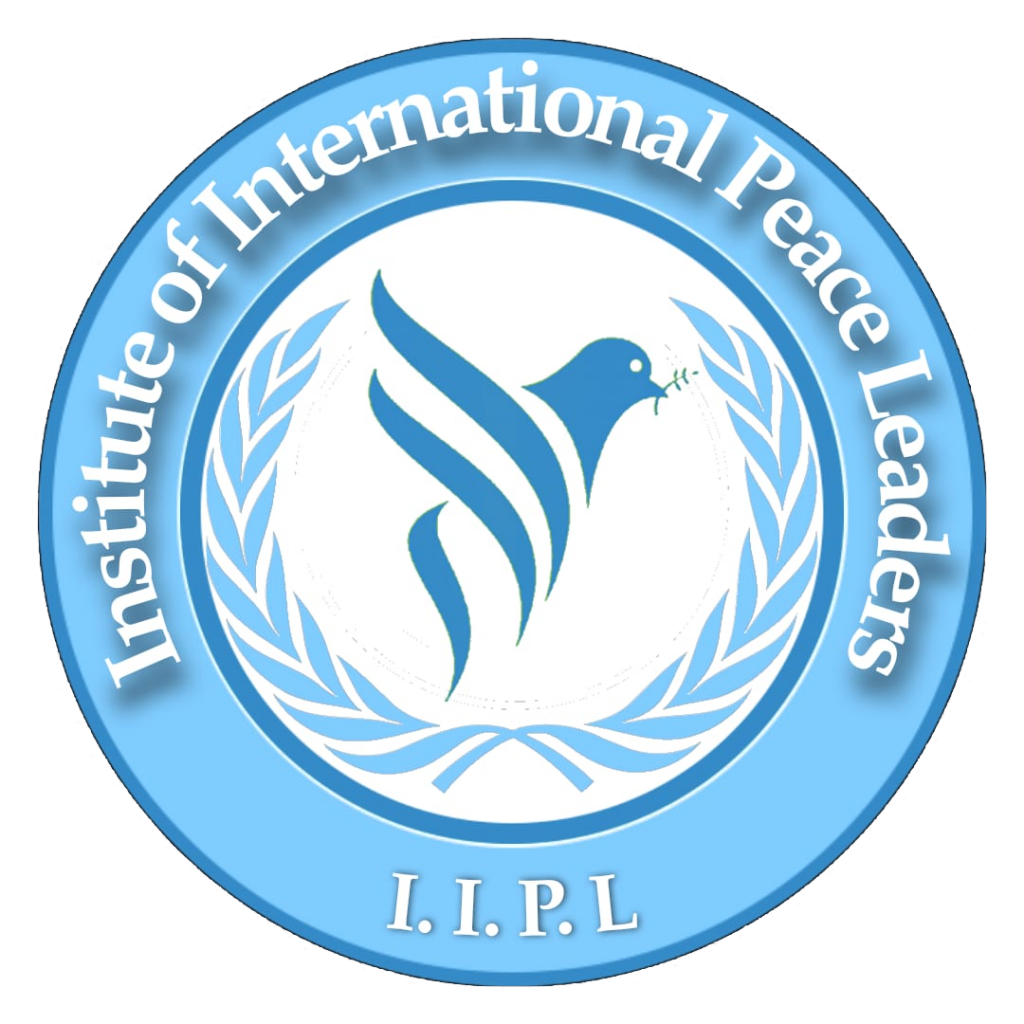This entry is part 2 of 5 in the series Policy Reviews
- Pakistan’s Defense Policy Review In-depth Analysis
- A Policy Review of Pakistan’s National Youth Policy: Analysis and Way Forward
- Review and Analysis of Pakistan’s National Security
- Economic Vision of Pakistan 2025: A Roadmap for Sustainable Economic – Policy Review
- Policy Review – Climate Change Policy of Pakistan
Policy Reviews
Pakistan’s Defense Policy Review In-depth Analysis<< A Policy Review of Pakistan’s National Youth Policy: Analysis and Way Forward Economic Vision of Pakistan 2025: A Roadmap for Sustainable Economic – Policy ReviewAuthor
-

Urooj Bibi is a passionate political scientist specializing in
View all posts Global Youth Leader IIPL
international relations, currently pursuing a degree in
the field. As a member of the Institute of International
Peace Leaders, she is actively involved in initiatives that
promote global peace and conflict resolution. Her work
reflects a deep commitment to understanding
international dynamics and fostering cooperation to
create a more harmonious world. Her dedication to
peacebuilding and academic pursuits highlight her
drive to make a meaningful impact on global affairs.
